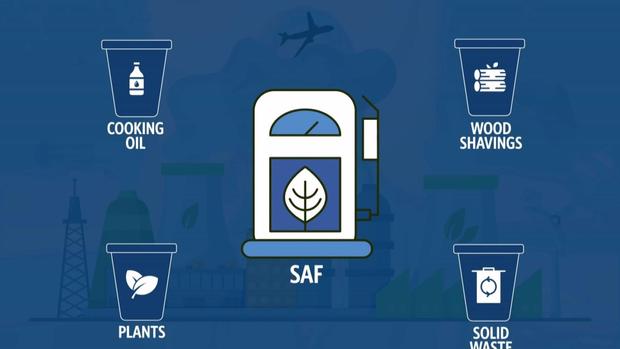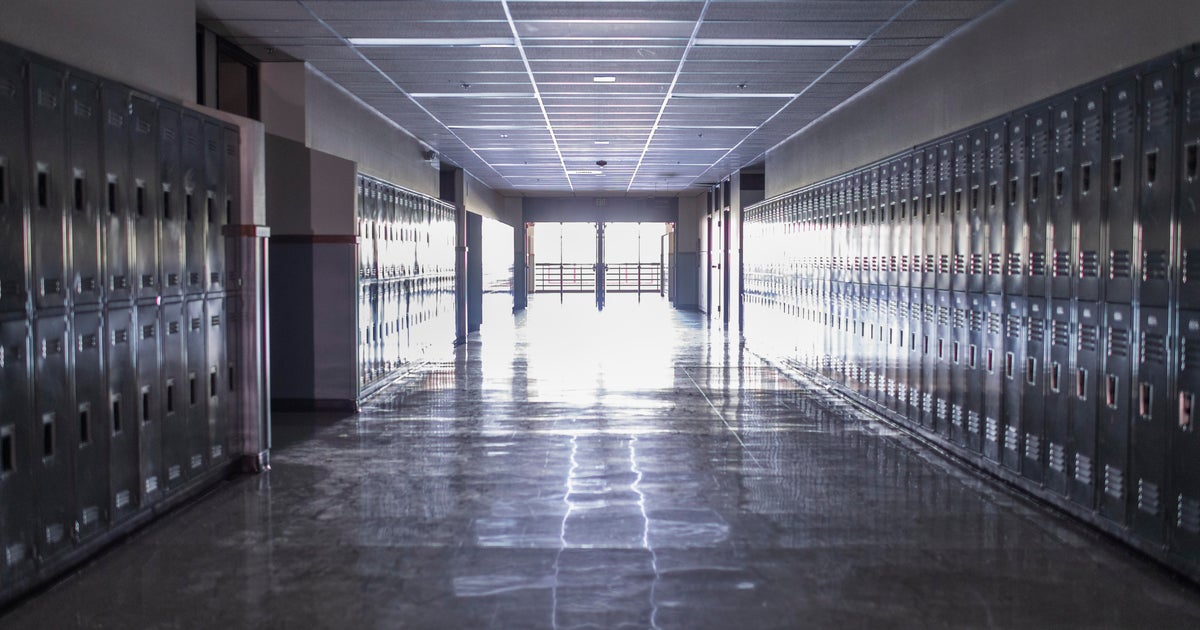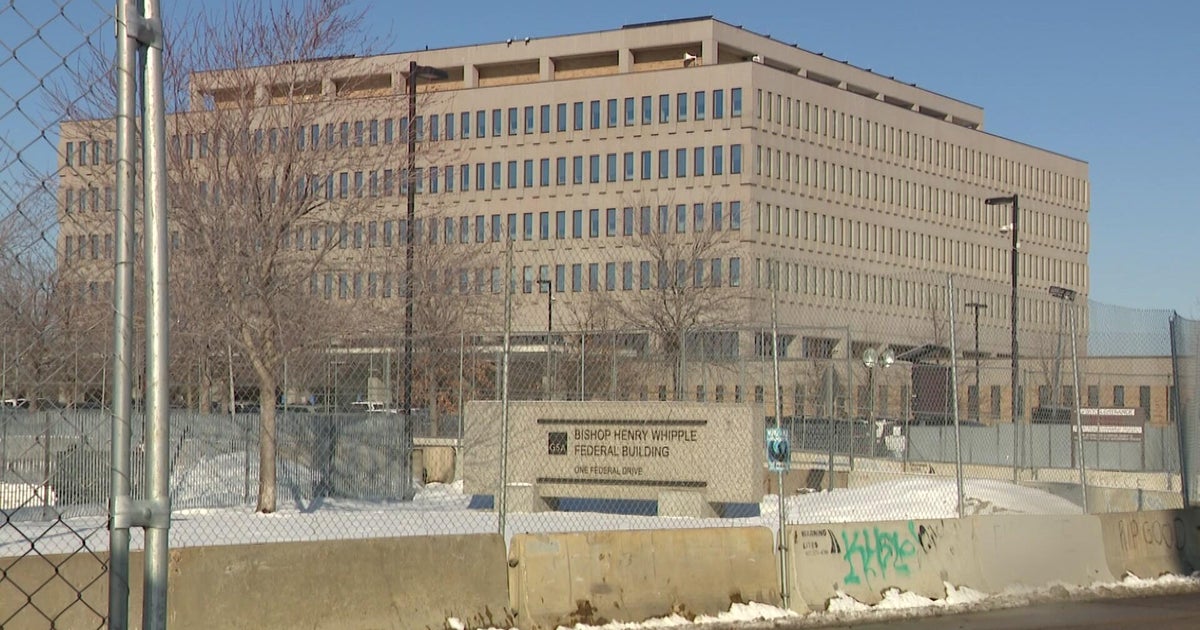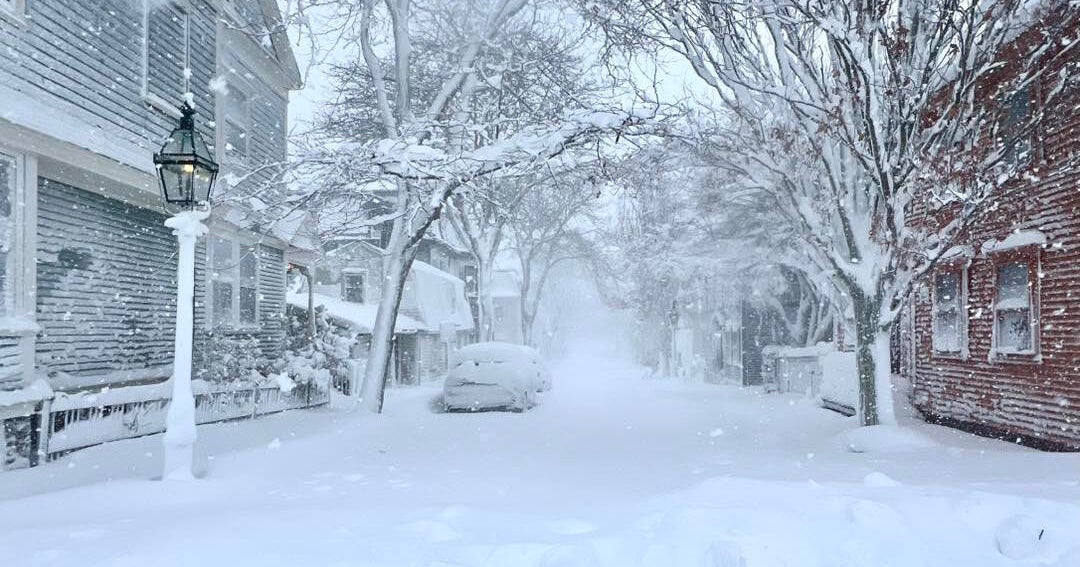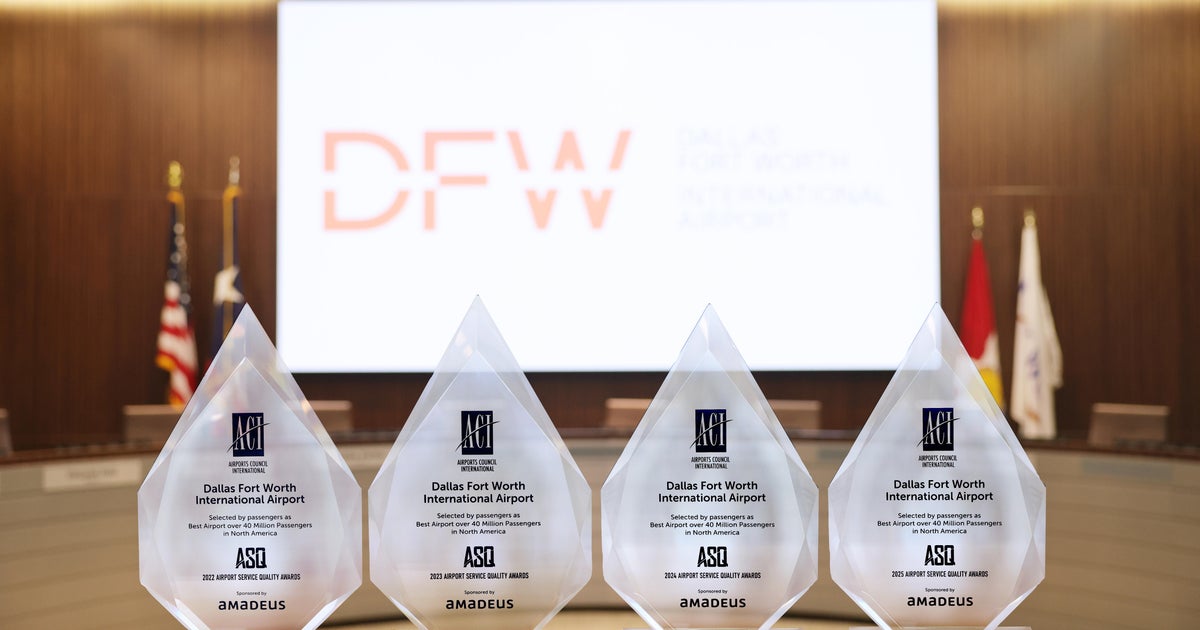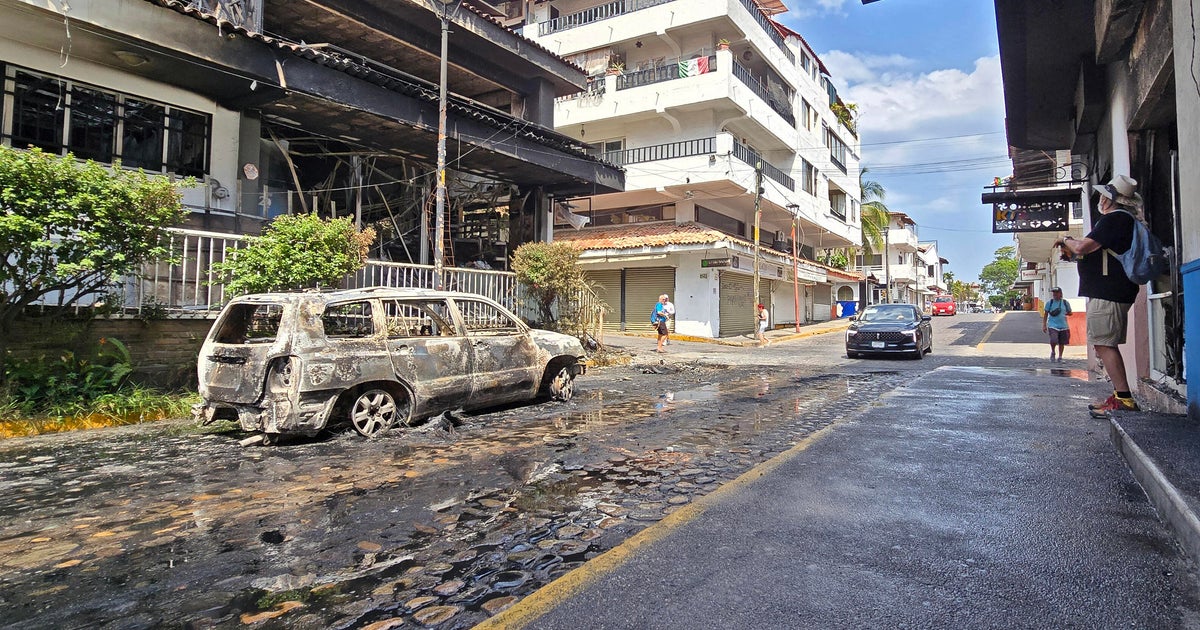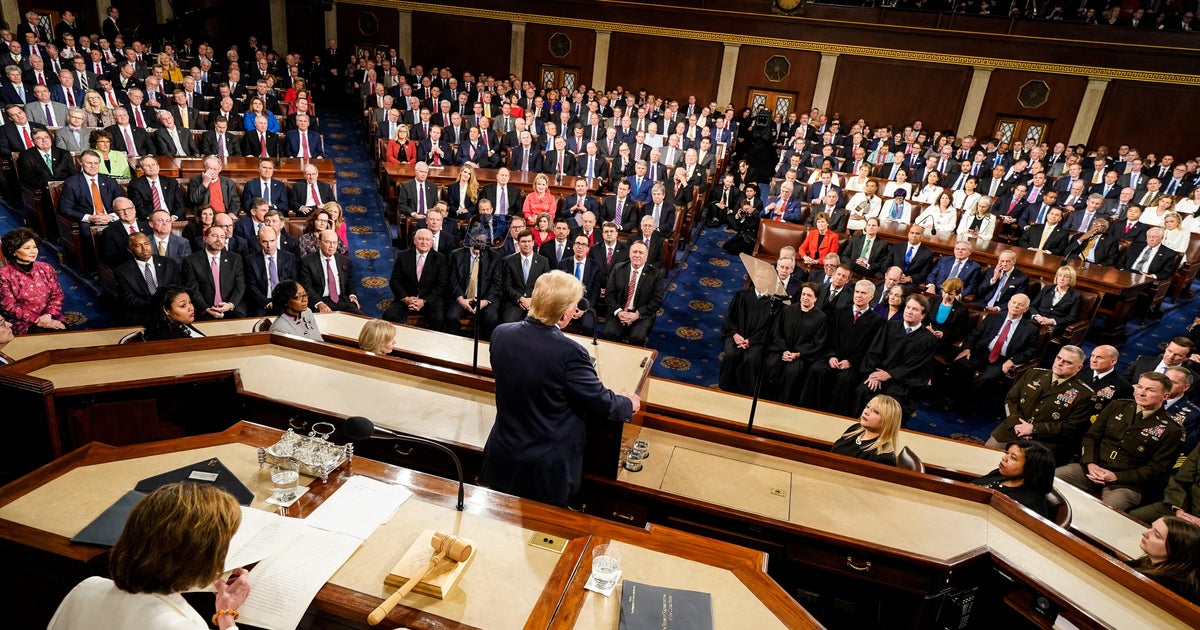Industry leaders meet in Minnesota in quest to reduce airline industry's carbon emissions
MINNEAPOLIS — A major change for the global airline industry may have started Tuesday in Minnesota.
Major players in banking, energy, science, and aviation have partnered to make Minnesota the home of sustainable aviation fuel.
"So you're bringing together some of the largest companies on the planet to try and solve a problem that is very difficult to solve," said Xcel Energy Executive Vice President Brett Carter.
That problem? How to keep thousands of planes in the air every day while producing zero carbon emissions.
RELATED: Minnesota House approves bill setting new benchmark of 100% carbon-free energy by 2040
"One of the toughest industries to clean up is gonna be the airlines. And so if you think about carbon emissions, right now transportation is the largest carbon-emitting industry in the country. And so we're going to need cleaner fuels if we want to decarbonize those airlines," Carter said.
Some think the solution is Sustainable Airline Fuel, or SAF — a type of fuel that can be made with solid waste or even used cooking oil.
"The challenge is, there's 20 billion gallons of demand for this globally, but only 20 million gallons are going to be produced in the U.S. this year. So there's this big gap between supply and demand," said Peter Frosch, CEO of Greater MSP.
That's why multiple companies — including Delta, Xcel Energy, and EcoLab — announced a partnership Tuesday to create an SAF hub at Minneapolis-St. Paul International Airport.
"Minnesota turns out is one of the best places to do this in North America because of the combination of air demand, existing biofuels infrastructure, a strong agricultural economy and strong research assets," Frosch said.
Delta wants 10% of its fuel at MSP to be SAF in just four years, which may not seem like much, but is a massive undertaking.
"It's billions of dollars in investment, thousands of jobs, and hundreds of small problems that need to be solved along the way," Frosch said.
Delta says SAF can reduce carbon emissions of the entire airline industry by 80%.
